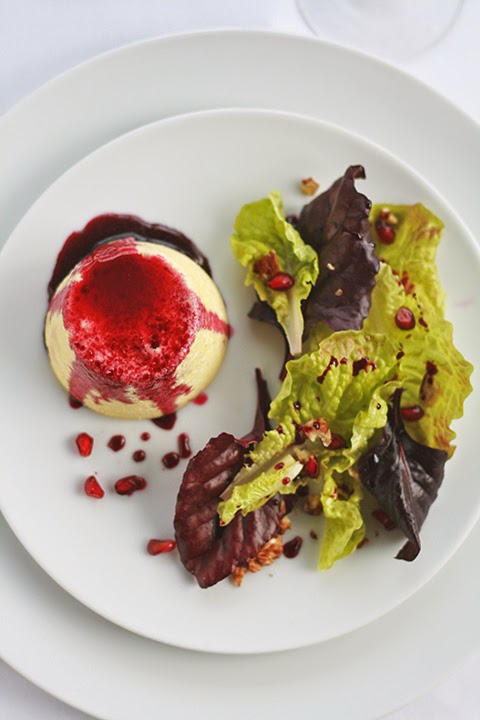Black eyed peas stewed with greens
Jan 7, 2015
This post was especially written for Pretty Greek Villas, a site owned by my friends Marie- Louise and Ben. If you are thinking Greece this summer, take a look,for some of the most beautiful villas in the country.
Peloponnesian cuisine is influenced by its sea-girt mountainous topography. Olive oil, wine, grains, pulses, herbs, wild greens, fish, goat and sheep meat, cheese and honey have been staples in local pantries for millenia. Though olive trees do not flourish at its highest altitudes, still one third of the country’s entire production comes from here because of the quality of the soil and the mild climate. In fact, Peloponnesian cuisine could be described as an olive oil cuisine since generous amounts of olive oil (often added towards the end of cooking) are poured over greens, beans, and all sorts of stews.
The Northern Peloponnese cuisine has also been influenced by migrations over its long history and so it comprises elements of both the mainland and the islands,. Most of the dishes fall into the category of one-pot meals in which ingredients are matched wisely to give nutritious and filling dishes, - all based on seasonal production. A characteristic autumn dish in our area is made with beans from the valley of ancient Feneos and greens found in every garden. It is a humble but flavorful dish, elegant in its simplicity.
Savory cheese flan, with walnuts and pomegranate sauce
Dec 17, 2014
Have you ever wondered what ancient Greek cooking would taste like? If ancient Greeks could have known that people in the future would be interested in their cuisine, they would most certainly have written down everything about their art of cooking.
During what we now call the ‘classical period’ ancient Greek civilization reached its peak. Tragic plays and Aristophanes’ comedies describe daily life including scenes around a table. Deipnosophists (from deipnon- dinner and sofos- wise) writing about the philosophic discussions taking place in rich people’s houses during gastronomic feasts described the menus in great detail. These sources inform us that Athenians had three daily meals out of which ‘’deipnon’’, late in the evening, was the last and most rich meal of the day. Dinner in modern Greece is still called ‘’deipno’’.
Their diet consisted of a great variety of fish, meat from both game and stock farming, grains such as barley and wheat and, of course vegetables, legumes and wild greens. Olive oil played the most important role in every aspect of their daily life, religious, pharmaceutical, cultural, or alimentary. Wine, a genuine Greek product, was consumed daily. Honey, initially collected from tree cavities before beekeeping methods were developed, was their sweetener. Ancient Greeks preferred a rather sweet cuisine similar to Chinese and Far East cooking today.
Of course many of the ingredients mentioned above were seasonal and accessed according to the economic and social status of citizens. I have read a few books about the ancient Greek diet and I thought that this Christmas, my inspiration should come from the flavors of our ancient cuisine.
This savory cheese flan would be an ideal first course for the Christmas season, combining flavors and textures with festive symbolism. It has a mousse-like texture that nicely compliments the crunchiness of the walnuts and the sweet and sour taste of the pomegranate sauce. Pomegranates symbolize fertility and prosperity and have always been connected with New Year’s festivities in Greece. At the moment the New Year arrives, we break open a pomegranate onto the door step for good luck throughout the year.
I wish a Merry Christmas to all of you.
Subscribe to:
Posts (Atom)




